Dexedrine Spansule is a central nervous system stimulant. It affects chemicals in the brain and nerves that contribute to hyperactivity and impulse control.
Dexedrine Spansule is used to treat narcolepsy and attention deficit hyperactivity disorder (ADHD).
Dexedrine Spansule may also be used for purposes not listed in this medication guide.
You should not use Dexedrine Spansule if you have glaucoma, overactive thyroid, severe agitation, moderate to severe high blood pressure, heart disease or coronary artery disease, or a history of drug or alcohol addiction.
Dexedrine Spansule may be habit-forming, and this medicine is a drug of abuse. Tell your doctor if you have had problems with drug or alcohol abuse.
Stimulants have caused stroke, heart attack, and sudden death in people with high blood pressure, heart disease, or a heart defect.
Do not use Dexedrine Spansule if you have used an MAO inhibitor in the past 14 days, such as isocarboxazid, linezolid, methylene blue injection, phenelzine, rasagiline, selegiline, or tranylcypromine.
Dexedrine Spansule may cause new or worsening psychosis (unusual thoughts or behavior), especially if you have a history of depression, mental illness, or bipolar disorder.
You may have blood circulation problems that can cause numbness, pain, or discoloration in your fingers or toes.
Call your doctor right away if you have: signs of heart problems–chest pain, feeling light-headed or short of breath; signs of psychosis–paranoia, aggression, new behavior problems, seeing or hearing things that are not real; signs of circulation problems–unexplained wounds on your fingers or toes.
You should not use Dexedrine Spansule if you are allergic to any stimulant medicine, or if you have:
- moderate to severe high blood pressure;
- heart disease or coronary artery disease (hardened arteries);
- overactive thyroid;
- glaucoma;
- severe anxiety, tension, or agitation (stimulant medicine can make these symptoms worse); or
- a history of drug or alcohol addiction.
Do not use Dexedrine Spansule if you have used an MAO inhibitor in the past 14 days. A dangerous drug interaction could occur. MAO inhibitors include isocarboxazid, linezolid, methylene blue injection, phenelzine, rasagiline, selegiline, tranylcypromine, and others.
Some medicines can interact with Dexedrine Spansule and cause a serious condition called serotonin syndrome. Be sure your doctor knows if you also take opioid medicine, herbal products, or medicine for depression, mental illness, Parkinson’s disease, migraine headaches, serious infections, or prevention of nausea and vomiting. Ask your doctor before making any changes in how or when you take your medications.
Stimulants have caused stroke, heart attack, and sudden death in certain people. Tell your doctor if you have:
- heart problems or a congenital heart defect;
- high blood pressure; or
- a family history of heart disease or sudden death.
To make sure this medicine is safe for you, tell your doctor if you or anyone in your family has ever had:
- depression, mental illness, bipolar disorder, psychosis, or suicidal thoughts or actions;
- motor tics (muscle twitches) or Tourette’s syndrome;
- seizures or epilepsy;
- an abnormal brain wave test (EEG); or
- blood circulation problems in the hands or feet.
Taking Dexedrine Spansule during pregnancy can cause premature birth, low birth weight, or withdrawal symptoms in the newborn baby. Tell your doctor if you are pregnant or plan to become pregnant.
Dextroamphetamine can pass into breast milk and may harm a nursing baby. You should not breast-feed while using this medicine.
Dexedrine Spansule is not approved for use by anyone younger than 3 years old. This medicine extended-release capsules are not for use in children younger than 6 years old.
Follow all directions on your prescription label. Your doctor may occasionally change your dose. Do not take Dexedrine Spansule in larger or smaller amounts or for longer than recommended.
Dexedrine Spansule may be habit-forming. Never share this medicine with another person, especially someone with a history of drug abuse or addiction. Keep the medication in a place where others cannot get to it. Selling or giving away this medicine is against the law.
Dexedrine Spansule is sometimes taken 2 or 3 times per day. Extended-release this medicine is taken only once per day. Follow your doctor’s dosing instructions very carefully.
Read all patient information, medication guides, and instruction sheets provided to you. Ask your doctor or pharmacist if you have any questions.
Do not crush, chew, break, or open an extended-release capsule. Swallow it whole.
Measure liquid medicine with the dosing syringe provided, or with a special dose-measuring spoon or medicine cup. If you do not have a dose-measuring device, ask your pharmacist for one.
While using this medicine, your doctor will need to check your progress at regular visits. Tell any doctor who treats you that you are using this medicine.
Store at room temperature away from moisture, heat, and light.
Keep track of your medicine. Dexedrine Spansule is a drug of abuse and you should be aware if anyone is using your medicine improperly or without a prescription.
What happens if I miss a dose?
Take the missed dose as soon as you remember, but not late in the day. Skip the missed dose if it is almost evening. Do not take extra medicine to make up the missed dose.
Seek emergency medical attention or call the Poison Help line at 1-800-222-1222. An overdose of Dexedrine Spansule can be fatal.
Overdose symptoms may include restlessness, tremor, muscle twitches, rapid breathing, confusion, hallucinations, panic, aggressiveness, muscle pain or weakness, and dark colored urine. These symptoms may be followed by depression and tiredness. Other overdose symptoms include nausea, vomiting, diarrhea, stomach pain, uneven heartbeats, feeling light-headed, fainting, seizure (convulsions), or coma.
Dexedrine Spansule may impair your thinking or reactions. Be careful if you drive or do anything that requires you to be alert.
Avoid drinking fruit juices or taking vitamin C at the same time you take Dexedrine Spansule. These can make your body absorb less of the medicine.
Get emergency medical help if you have signs of an allergic reaction: hives; difficulty breathing; swelling of your face, lips, tongue, or throat.
Dexedrine Spansule may cause serious side effects. Call your doctor at once if you have:
- signs of heart problems–chest pain, trouble breathing, feeling like you might pass out;
- signs of psychosis–hallucinations (seeing or hearing things that are not real), new behavior problems, aggression, hostility, paranoia;
- signs of circulation problems–numbness, pain, cold feeling, unexplained wounds, or skin color changes (pale, red, or blue appearance) in your fingers or toes;
- a seizure (convulsions);
- muscle twitches (tics); or
- changes in your vision.
Seek medical attention right away if you have symptoms of serotonin syndrome, such as: agitation, hallucinations, fever, sweating, shivering, fast heart rate, muscle stiffness, twitching, loss of coordination, nausea, vomiting, or diarrhea.
Dexedrine Spansule can affect growth in children. Tell your doctor if your child is not growing at a normal rate while using Dexedrine Spansule.
Common side effects of Dexedrine Spansule may include:
- dry mouth, upset stomach, loss of appetite, weight loss;
- headache, dizziness;
- tremors, fast heartbeats; or
- sleep problems (insomnia).
Many drugs can interact with Dexedrine Spansule. Not all possible interactions are listed here. Tell your doctor about all your current medicines and any you start or stop using, especially:
- an antacid;
- an antidepressant;
- blood pressure medication; or
- seizure medicine.
This list is not complete and many other drugs can interact with Dexedrine Spansule. This includes prescription and over-the-counter medicines, vitamins, and herbal products. Give a list of all your medicines to any healthcare provider who treats you.
| Quantity | 30 pills, 60 pills, 100 pills, 200 pills, 500 pills |
|---|
Be the first to review “Dexedrine Spansule 15mg” Cancel reply
Related products
Uncategorized
Uncategorized
Uncategorized
Uncategorized
Uncategorized
Uncategorized
Uncategorized
Uncategorized


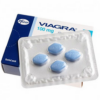
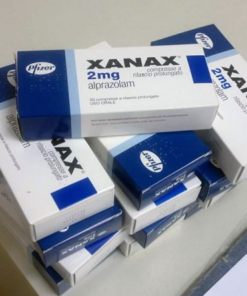

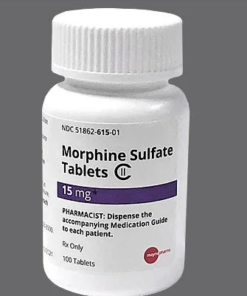

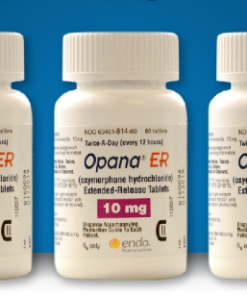
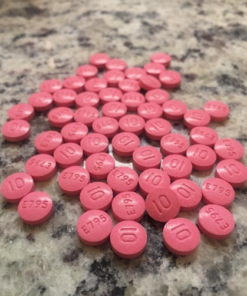
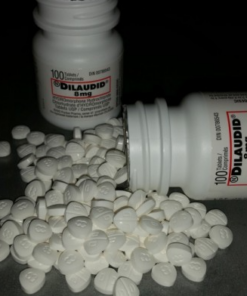
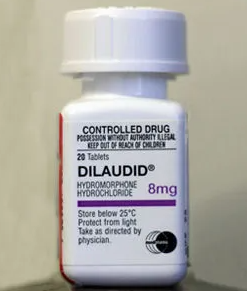
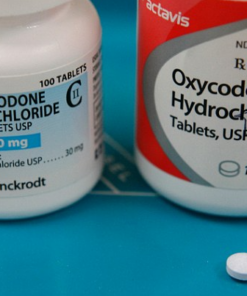
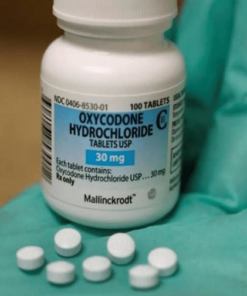





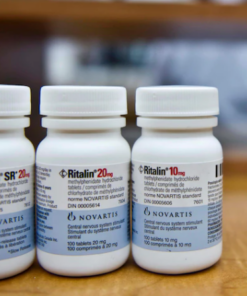
Reviews
There are no reviews yet.